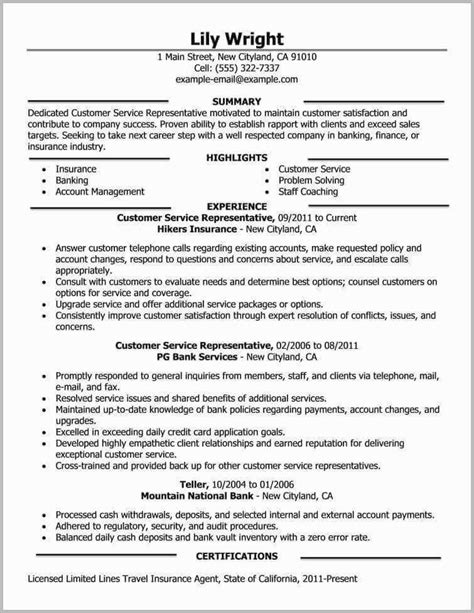Resume Experience Section: Essential Inclusions

When it comes to job hunting, the experience section of your resume is one of the most important components. Here are some essential inclusions to make sure your experience section stands out:
1. Job Title and Company Name
Make sure to include the title of your previous position and the name of the company you worked for. This helps potential employers understand the context of your experience.
2. Employment Dates
Include the dates you were employed at each company. This helps employers understand the length of your experience and any gaps between jobs.
3. Job Description
Provide a brief description of your job responsibilities and duties. This gives employers an idea of what you were responsible for in your previous roles.
4. Achievements
Include any achievements or accomplishments you had in your previous roles. This could be anything from exceeding sales targets to completing a project ahead of schedule.
5. Skills and Abilities
Highlight any skills or abilities you gained in your previous roles that are relevant to the position you are applying for. This could be anything from technical skills to soft skills like communication and teamwork.
6. Education and Qualifications
List any relevant education or qualifications you have that are relevant to the position you are applying for. This could be a degree, certification, or training course.
7. Industry-Specific Jargon
Use industry-specific jargon and terminology to demonstrate your understanding of the field and make your experience section more compelling.
8. Quantify Your Experience
Use numbers, percentages, and other metrics to quantify your experience and demonstrate your impact in previous roles. This could be anything from the number of clients you managed to the amount of revenue you generated for the company.
9. Relevant Volunteer Work
If you have relevant volunteer work experience, include it in your experience section. This demonstrates your commitment to the field and can help set you apart from other candidates.
10. Tailor Your Experience Section to the Job
Finally, make sure to tailor your experience section to the specific job you are applying for. Highlight experience and skills that are relevant to the position and demonstrate how your previous roles have prepared you for this opportunity.
Conclusion
Your experience section is one of the most important parts of your resume. By including these essential inclusions, you can demonstrate your value to potential employers and stand out from other candidates.
FAQs
What should I include in my experience section?
You should include your job title, company name, employment dates, job description, achievements, skills and abilities, education and qualifications, industry-specific jargon, experience quantification, relevant volunteer work, and tailor your experience section to the job.
What is the most important part of the experience section?
The most important part of the experience section is your job description and achievements. This gives potential employers an idea of what you were responsible for and the impact you made in your previous roles.
No, you should only include experience that is relevant to the position you are applying for. Including unrelated experience can make your resume seem unfocused and cluttered.
How long should my experience section be?
Your experience section should be no more than two pages, with each position taking up no more than five bullet points.
What if I don’t have any relevant experience?
If you don’t have any relevant experience, focus on transferable skills and highlight any volunteer work or extracurricular activities that demonstrate your commitment to the field.
